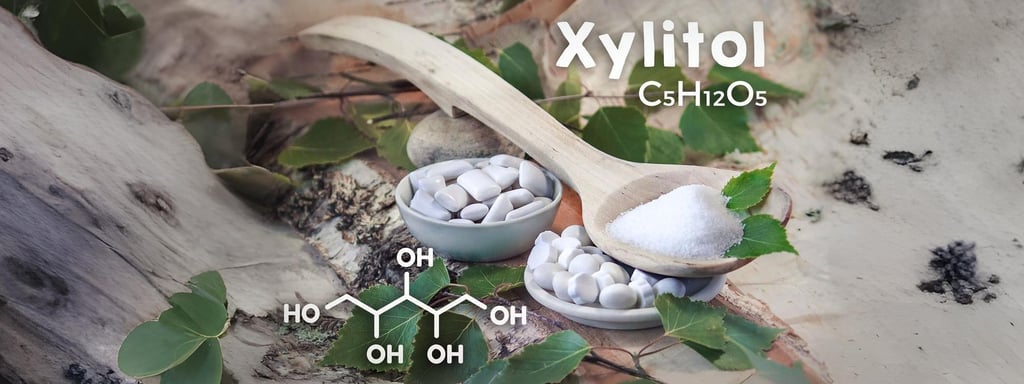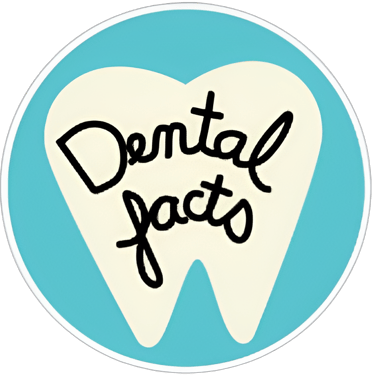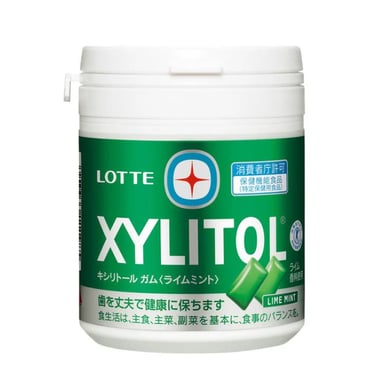Xylitol: The Sweetener That Doesn’t Cause Cavities—and Helps Prevent Them
Xylitol is a natural sweetener that not only does not cause cavities, but also helps prevent them. It stimulates saliva production, reduces plaque, and strengthens teeth. Used three times a day for at least three months, it can reduce the risk of cavities by up to 80%. It is most effective when consumed in sugar-free gum or mints.
Xylitol is a natural sweetener that not only does not cause cavities, but also helps prevent them. It stimulates saliva production, reduces plaque, and strengthens teeth. Used three times a day for at least three months, it can reduce the risk of cavities by up to 80%. It is most effective when consumed in sugar-free gum or mints.
1/12/2024・4 min read




Xylitol has gained popularity for its ability to help prevent tooth decay. Unlike regular sugar, xylitol not only avoids cavity formation but can also actively contribute to prevention. One of the main reasons xylitol does not promote cavities is that it does not produce the acids that dissolve tooth enamel. In addition, xylitol stimulates saliva flow, which helps neutralize harmful acids in the mouth.
Benefits of Xylitol
1. Helps prevent the buildup of cavity-causing dental plaque.
2. Promotes remineralization of teeth and strengthens enamel while reducing the activity of Streptococcus mutans, the primary bacteria responsible for cavities.
3. Improves the effectiveness of brushing by making it easier to remove plaque.
4. When used together with fluoride, it enhances the strengthening effect on teeth.
Several studies have demonstrated that regular use of xylitol provides significant benefits in cavity prevention. Research shows that using xylitol three times a day for a minimum of three months can reduce the risk of developing cavities by up to 80%. To fully benefit from xylitol, it needs to remain in the mouth for an extended period of time.
For best results, the concentration of xylitol in the product should be high—ideally over 50%. It is also important that the product does not contain fermentable sweeteners such as sugar. The most common ways to consume xylitol are through sugar-free gum or mints. Chewing gum or slowly dissolving a mint in the mouth allows xylitol to stay in contact with the teeth longer, helping reduce plaque buildup and cavity formation. We recommend gum or mints over products like syrups or powders, since they provide longer-lasting exposure.
Beyond cavity prevention, xylitol offers other important benefits for oral health. For example, studies show it reduces the formation of dental plaque, one of the leading causes of gum disease. This natural sweetener can also help fight bacteria responsible for bad breath.
In summary, xylitol is a natural sweetener that not only does not cause cavities but also helps prevent them. Its ability to stimulate saliva production and neutralize acids in the mouth makes it a healthy alternative for those who want to protect their dental health. Remember to choose products with a high concentration of xylitol and avoid those that contain fermentable sweeteners.




Xylitol has gained popularity for its ability to help prevent tooth decay. Unlike regular sugar, xylitol not only avoids cavity formation but can also actively contribute to prevention. One of the main reasons xylitol does not promote cavities is that it does not produce the acids that dissolve tooth enamel. In addition, xylitol stimulates saliva flow, which helps neutralize harmful acids in the mouth.
Benefits of Xylitol
1. Helps prevent the buildup of cavity-causing dental plaque.
2. Promotes remineralization of teeth and strengthens enamel while reducing the activity of Streptococcus mutans, the primary bacteria responsible for cavities.
3. Improves the effectiveness of brushing by making it easier to remove plaque.
4. When used together with fluoride, it enhances the strengthening effect on teeth.
Several studies have demonstrated that regular use of xylitol provides significant benefits in cavity prevention. Research shows that using xylitol three times a day for a minimum of three months can reduce the risk of developing cavities by up to 80%. To fully benefit from xylitol, it needs to remain in the mouth for an extended period of time.
For best results, the concentration of xylitol in the product should be high—ideally over 50%. It is also important that the product does not contain fermentable sweeteners such as sugar. The most common ways to consume xylitol are through sugar-free gum or mints. Chewing gum or slowly dissolving a mint in the mouth allows xylitol to stay in contact with the teeth longer, helping reduce plaque buildup and cavity formation. We recommend gum or mints over products like syrups or powders, since they provide longer-lasting exposure.
Beyond cavity prevention, xylitol offers other important benefits for oral health. For example, studies show it reduces the formation of dental plaque, one of the leading causes of gum disease. This natural sweetener can also help fight bacteria responsible for bad breath.
In summary, xylitol is a natural sweetener that not only does not cause cavities but also helps prevent them. Its ability to stimulate saliva production and neutralize acids in the mouth makes it a healthy alternative for those who want to protect their dental health. Remember to choose products with a high concentration of xylitol and avoid those that contain fermentable sweeteners.






